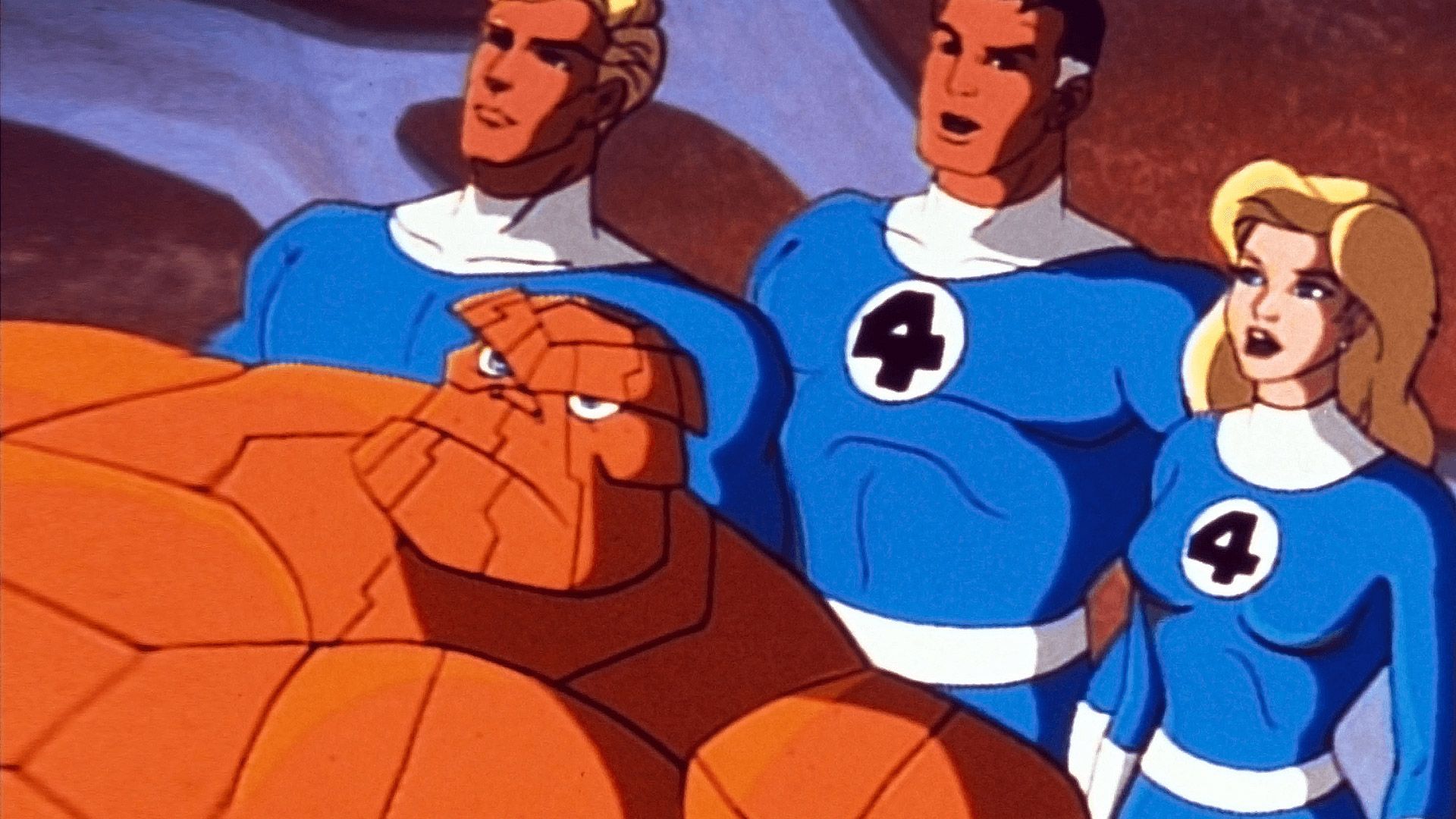A still from Barbie. (courtesy: YouTube)
Satirical, sassy and subversive, if occasionally somewhat simplistic, Barbie is more than just a dolled up, crowd-pleasing summer movie. It entertains and tickles but it also throws well-directed punches at many a shibboleth of the world of consumerist and patriarchal excess that, in the first place, facilitated that creation of the Mattel doll.
The first-ever live-action Barbie film is Greta Gerwig’s third directorial outing and her fourth writing collaboration with her partner Noah Baumbach. It is of course at a marked remove in spirit and substance from Frances Ha, Mistress America and White Noise, the three films they wrote together over a decade and by far their biggest project.
They think out of the box and turn a plasticky notion wrapped in many shades of pink into a work that has the glitter of gold even if it isn’t exactly 24-carat. The glow that it transmits is bright enough to conceal the stray streaks of dullness that creeps into parts of the film.
The screenplay is laced with wit and energy, the sort that often elevates the delightfully inventive fantasy-comedy-musical centred on the Mattel fashion doll out of its plasticky origins. It confronts questions that the existence and currency of the ever-popular plaything has raised over the years.
Gerwig and Baumbach also skilfully slip in themes that carry the story well beyond the make-believe universe that Mattel conjured up way back in the late 1950s to, as narrator Helen Mirren informs us at the outset, to break the tradition of dolls being just babies and girls having to play mothers. The advent of Barbie changed everything. This film conveys (to the extent that a film that is studio-backed and authorised by Mattel itself can), why and how Barbie herself is now ripe for a transformation.
Barbie, in essence, banks on straightforward fable-like means to present a pointed and imaginative survey of the pitfalls of male hegemony over corporate America and a hard look at where women stand in the real world and in the tactile domain of the imagination.
A gentleman in the Mattel boardroom, the only one who isn’t in a black suit, pipes up: I have no powers, am I a woman? He is at a table with a company CEO (Will Ferrell), the CFO (Jamie Demetriou) and sundry others, each with defined competencies.
When a life-size version of Barbie finds herself in the same room as these stuffy, profit-obsessed men bent upon putting her back into a box, it does not take her much effort to shake them off her back as they chase her through a hive of cubicles. Barbie receives a fair bit of help from a female employee Gloria (America Ferrara, who is wonderful in the scenes that allow her to move centre-stage), a Hispanic artist, and her sceptical daughter Sasha (Arina Greenblatt, who pitches in with a performance to remember).
Full of ideational verve and visual vivacity – Rodrigo Prieto’s camerawork and Sarah Greenwood’s production design play crucial roles in giving the film its distinctive tone and texture – Barbie draws power from Margot Robbie’s first-rate star turn as the doll whose brush with humans sends her into a tailspin.
Robbie’s magnetic allure is accentuated by Ryan Gosling’s flat-out and gleeful interpretation of Ken, whose existence isn’t complete without being in Barbie’s gaze. In the film, it is Gosling who, in significant impactful ways, completes Robbie’s performance.
Ken loves Barbie but the latter does not reciprocate his ardour, choosing freedom and the well-cemented sorority that holds sway over everything in Barbie Land. Until Ken-dom comes after Ken hits upon the idea of doing patriarchy well in a land ruled by women, it is unbridled party time for the girls.
Trouble erupts after Barbie, the stereotypical one from “perfectly perfect” Barbie Land, is compelled to journey to the real world in search of a solution to the thoughts of death that inexplicably assail her and other unprecedented blemishes that she discovers on her body. She is joined on the voyage (without her say-so) by a persistent Ken.
Once in the real world, the two have separate sets of encounters. Exposure to the world of flesh-and-blood men who call the shots and women who are peeved with the unrealistic, sexualised notions of beauty that Barbie dolls have perpetuated, push both Barbie and Ken off the rails and into extremely dangerous territory.
One might quibble that Barbie, in trying to be an all-out feminist film, becomes too much of an anti-men tirade. But go deeper into what Gerwig and Baumbach’s script is trying to achieve, and you will find a film that projects the titular doll created by Ruth Handler (whose spirit, played by Rhea Perlman, appears in a couple of important scenes) as an emblem of perfection in an ideal world not constricted by a patriarchal imagination.
Gerwig’s imagination, taking off from Handler’s, extends the vision that advocates a spirit of unfettered feminism where women do not have to ape men to beat the latter at their own game. Barbie is eventually a humanist film that while being cognizant of the autonomy that women need and deserve, presents its assertive worldview in a playful yet penetrative manner.
At one level, Barbie is pulp and just as well – it never ceases to be enjoyable. At another level, the film manages to be provocative, even pointedly pungent, especially in the way it pits the multiples of Kens against the multiples of Barbies, and the world of dolls and that of human, in a war that is more ‘civilisational’ and existential than only gender-centric. The film makes a play for your attention – and it merits a positive response.
Cast:
Margot Robbie and Ryan Gosling
Director:
Greta Gerwig






